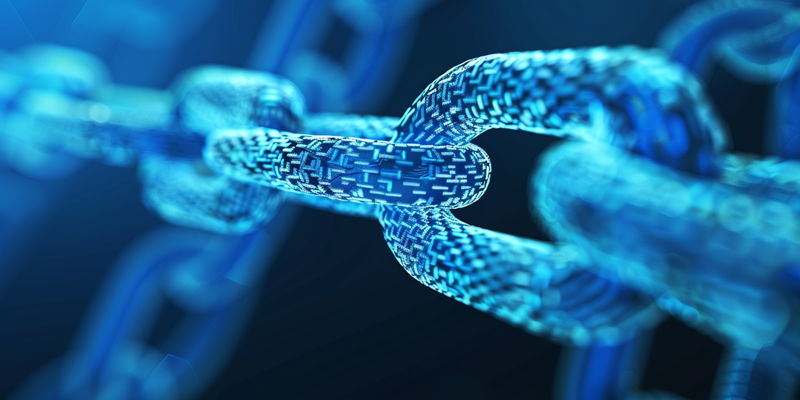Blockchain technology, the backbone of cryptocurrencies, has long been revered for its robust encryption protocols that secure digital transactions. The encryption hinges largely on cryptographic keys that are currently considered unbreakable by traditional computing standards. However, this security is imperiled by the advent of quantum computing—a breakthrough that could potentially decode these cryptographic enigmas with unprecedented speed.
Professor Massimiliano Sala recently cast a spotlight on this looming threat during a Ripple-hosted lecture series. Quantum computing stands at the precipice of what’s being called “Q-day,” the point in time when quantum machines will effectively shatter the current cryptographic safeguards. While no existing quantum computer has yet demonstrated this ability, the relentless pace of technological advancements indicates it’s a matter of when, not if.
The Inevitability of Q-day
The implications of Q-day are profound for blockchain technologies like Bitcoin, where the security of user assets relies on cryptographic strength. Once quantum computers can crack these digital locks, the assets protected behind them are at risk. Sala’s message to the crypto community is unambiguous: We must transition to quantum-resistant encryption before it’s too late. Failure to do so could expose blockchains to catastrophic vulnerabilities.
Efforts to develop quantum-proof encryption standards are already underway. They must gain momentum, given that once these standards are established, integrating them into existing systems will not be instantaneous. The blockchain industry is faced with a redeeming challenge; it must adapt and evolve or risk obsolescence by quantum disruption.
Collaboration Towards Quantum-Resistance
In her pivotal lecture, Professor Sala emphasizes the urgent need for collaboration between blockchain technicians and cryptography specialists to combat the threat posed by quantum computing. Embracing quantum-resistant measures is vital for the survival of blockchain technologies facing an evolving digital threat. The forward momentum in quantum encryption brings hope against these challenges, positioning it as a lifeline for the sustainability of cryptocurrencies.
The message is clear: the quest to innovate encryption transcends mere technical prowess—it’s about securing the very essence of blockchain. As quantum computing inches toward its potential, safeguarding blockchain against these advances is not solely a race for technological superiority but a necessary step to preserve trust in digital currencies. Encryption innovation is a crucial shield to protect the burgeoning realm of crypto assets from emerging quantum risks.

